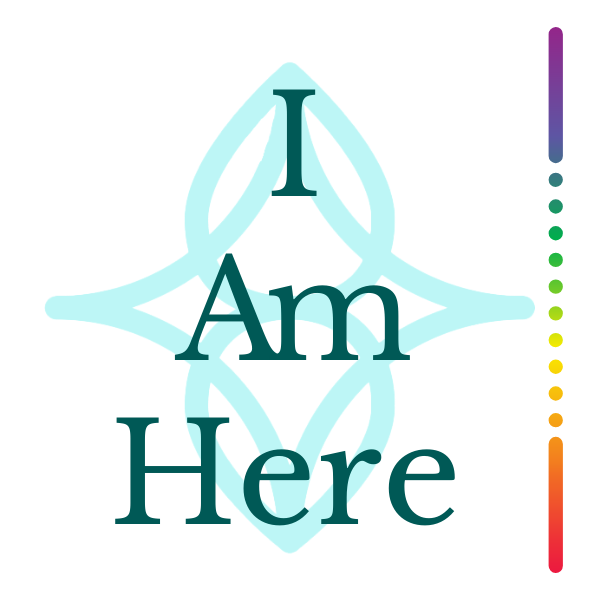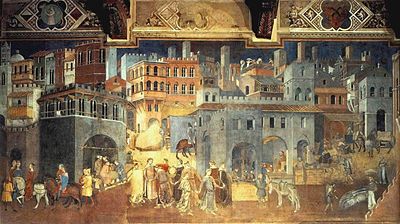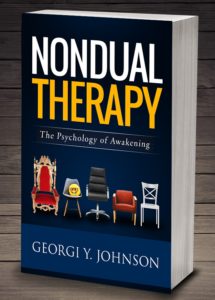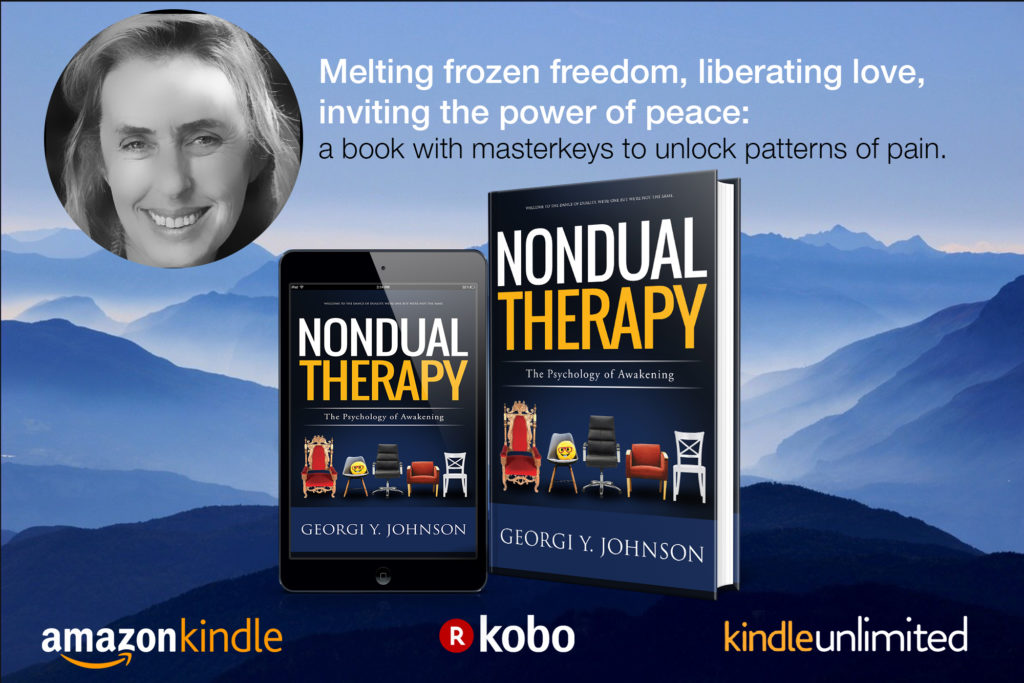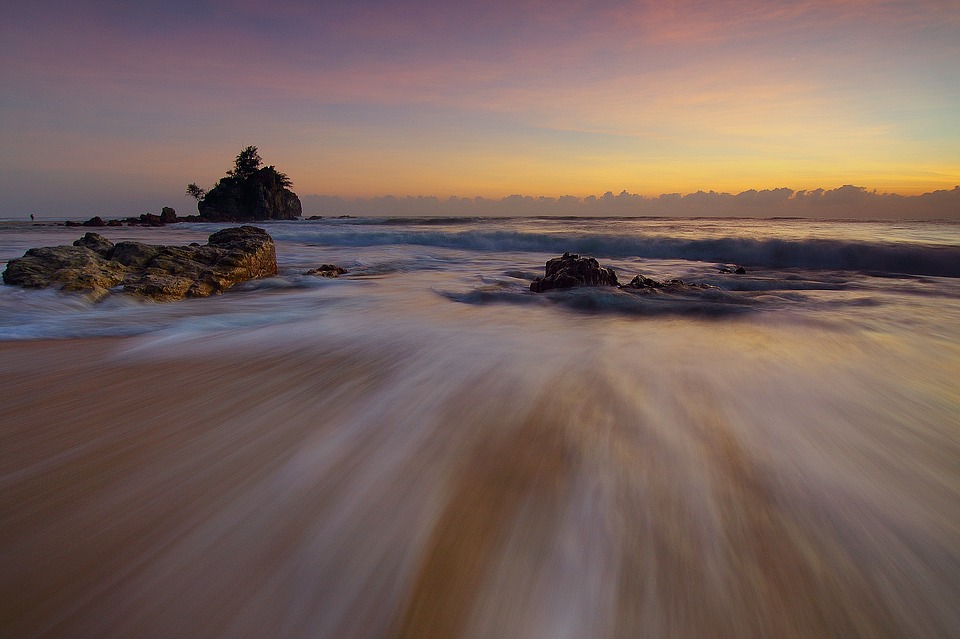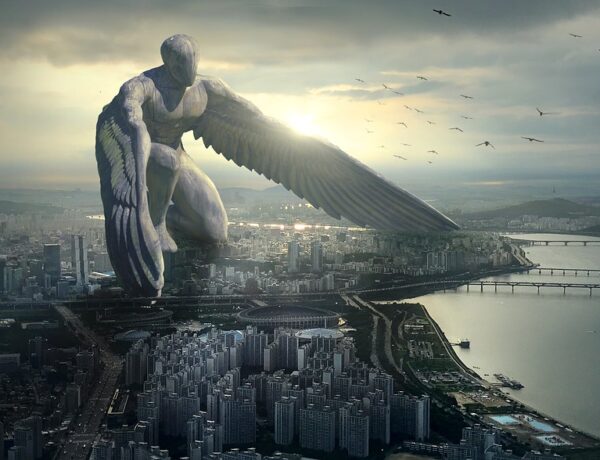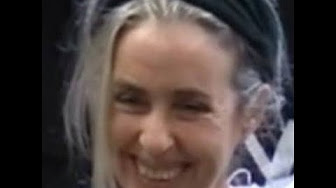“Life and death are one thread, the same line viewed from different sides.”
Lao Tzu
When I was nine years old, my mother remarried and we moved from England to live in Belgium. My parents had married young and their relationship had split apart almost from the outset under the pressure of conflicting drives towards wholeness. They were both from working class backgrounds and both breaking the forms of their upbringing: my father, by getting a degree and climbing rapidly through the vanguards of international marketing; my mother, by being one of only a few to leave the small town in Lincolnshire to look for a better life, a movement she felt was viewed by the local community as a kind of treachery. After the divorce, the reality of my mother pervaded my perspective, and we only sporadically saw my father back in England.
 The last time I saw him, the monotheism of the legends of the home in Belgium exploded and the world of my psyche was torn in two. I saw two truths, two stories, two points of view, two separated and blindly incompatible forms of suffering. His tears didn’t taste like my mother’s, but I knew their flavour. The grief-swept longing of his heart had a different rhythm from hers. Yet I helplessly knew them both from inside and out. The outer world of mother and father were felt as the inner world of two universes of truth, with no dictionary between them and no way to bring them together. It was like England and Belgium; Catholicism and Vedanta; East and West. It felt as if right hand and left hand were irrevocably divided; and the rupture in these world views felt like all view was lost, leaving only an unfathomable absence. Between the mother and father, I began falling through the frail floor of teenage truths and into a vast, despairing silence where beliefs lose all conviction.
The last time I saw him, the monotheism of the legends of the home in Belgium exploded and the world of my psyche was torn in two. I saw two truths, two stories, two points of view, two separated and blindly incompatible forms of suffering. His tears didn’t taste like my mother’s, but I knew their flavour. The grief-swept longing of his heart had a different rhythm from hers. Yet I helplessly knew them both from inside and out. The outer world of mother and father were felt as the inner world of two universes of truth, with no dictionary between them and no way to bring them together. It was like England and Belgium; Catholicism and Vedanta; East and West. It felt as if right hand and left hand were irrevocably divided; and the rupture in these world views felt like all view was lost, leaving only an unfathomable absence. Between the mother and father, I began falling through the frail floor of teenage truths and into a vast, despairing silence where beliefs lose all conviction.
My father had become frail, burning from the inside-out and into the flesh. Alcoholism and the existential despair behind his insatiable ambition was cracking the form of all he had pretended to be. Sleepless, starved and saturated with alcohol, he reached out to me to save him, but refused to let me say a word.
Helpless, mute and stunned, I returned to Belgium. What followed was an inner lock-down, in which I froze, outwardly and inwardly, in an impenetrable tiredness and an indefinable horror of depression, disappointment and fruitless expectation. The world turned awkward and nothing made sense. The senses themselves were closing.

Within six months, we received a phone call saying he had died. A common cold had become flu and flu had become pneumonia. In hospital, he contracted septicaemia and with no resistance left in the 39-year-old body, he was gone. On the day that call came, he was supposed to visit us. My first, involuntary reaction was tremendous relief. I still don’t know if that relief was mine or his.
There followed a long period in which I would isolate myself and dive through the core of mortal shock. Death had arrived and it was experienced as a spiralling of impossibility. Grieving the loss through archetypal layers of crucifixion, I turned my back on the outer world and began spiralling through endless expanses of pure absence. By degrees, communication and connection broke down with the manifest world as I searched into that all-powerful end-point called death. It was a despairing process of inner shocks of awakening to mortality, not only my father’s, but the mortality of everything.
The end-game came when I began thinking about suicide. Perhaps dissociated, because it felt like a private little drama, and with some inner grandiosity, I went to the kitchen and took the super-sharp kitchen knife. Back in the room, I rested the surface of the blade on my wrist. I can still feel the sharp pressure of the blade on the skin.
With thoughts still chasing mortality, I looked over the brink of death, to be sure that this would be the end. Suddenly, there was a powerful re-awakening of myself as life, as existence itself.
With unconquerable clarity, it was realized that all that exists cannot become non-existent; that ‘A’ could never become ‘not A’. Whatever ‘is’ cannot cease to be. Negation is an impossibility. Suicide would bring me nowhere other than where I am. With horror, I put the knife down and broke down in a gutted, throbbing grief. The grief was not that I could die, but that I couldn’t. It wasn’t about death, but about the lack of it. There was no way out.
Negation is an illusion, and as an illusion, it builds more illusion.
The puncturing of this most fundamental illusion – the illusion of negation – would be formational to the unfolding of the psyche in this lifetime. The realization was that, despite the vast freedom of existential being which is here, we cannot undo what is; we can shape, mould, transform, delay, speed up and destroy, but we can’t undo creation.
We can’t remove what is; we can’t cancel out anyone or anything or any happening. We can close our eyes, but we can’t delete what we have seen. We can’t un-experience ourselves. Negation is an illusion, and as an illusion, it builds more illusion.
This opened a core of responsibility. I knew nothing about how to move forward, to find form, to grow, or how to be here. But I knew that this ‘being here’ cannot be undone by death. We can create, destroy, form and transform, but there is no option to cease to exist.
The upcoming book Nondual Therapy: The Psychology of Awakening is based on that fundamental insight – that we are not able to negate anything that we are. We can however, allow transformation and more specifically, the transformation of beliefs, reflexes, and energetic patterns based on a freezing of who we thought we are, and what we thought we are.
We are living beings, and being itself is in perpetual motion: it’s not a stable object. This being is radically free, spiralling through and around core existential qualities: the qualities of our true nature.
These qualities can never be won or lost. They can’t be possessed, controlled or held. They can’t be increased, decreased or deceased. As part of all we are, they can never be negated.
Yet, based on the belief in negation, we have radically misconceived our true nature. We believe that love can be forced, controlled and lost. We believe that peace is something we need to work for. We believe that freedom is only possible where there are no boundaries. We believe that honour is something that needs winning.
We believe that the unconditional depends on the conditions – conditions that could never occur without the unconditional space in which they emerge. It’s a fundamental fallacy.
These consensual and energetic forms of belief create enormous suffering. Where there has been disconnection, we move into traumatic zones where the feeling connection with the qualities is forgotten. For example, when our innocence is lost, it means it can never come back: it is dead forever. When our purity is defiled, it is an eternal defilation. We espouse beliefs that perpetuate our own condemnation – actively creating isolated pockets of hell within the psyche, where no light is permitted to shine.

Images on this post: 幸せの色19
Out of this great disenfranchisement from our existential core, we try to recreate the qualities of our true nature through pretence. But the image of the quality can always be shattered: it is perpetually under threat. When we wear the quality on the outside, it can be easily ripped away to expose the existential horror lurking behind.
So, we try to possess the pretence of the quality still more, tightening our grasp. We decide that for ‘me’ to be innocent, others must be guilty; for ‘me’ to belong, others must be rejected. By degrees, we have given emotional and sentient substance to an absurd idea – that the individual is eternally separated from the whole both outside and inside himself, and that we are individually divided from each other, from the planet and from the source of life.
As individual, separate selves. we must survive, and this doomed survival project demands us to remain in perpetual conflict with the whole. In this, the qualities of our true nature become demonized. They threaten us as abstract icons of our own unworthiness. The potent purity of a new born baby can cause us to recoil in repulsion. The unbounded love of an animal can provoke violence. These qualities shine on and they rattle and shake the areas where they are frozen. The essential qualities of being shine their holiness on our own defilement and this can make us feel worse still. Qualities can be feared as death traps rather than welcomed as sign-posts to an inner space where death has no meaning. Just as we grasp towards the end of suffering, the conditioning behind suffering tightens its grasp on us.
Can we imagine a peace which is always here, regardless of the condition of heart or mind, regardless of our nations and conflicting cultures?
How would it be if there were a sense of belonging, at the core of any one we could ever be, that can never be taken away, and which can always be accessed through an open, inner door?
How would it be if the love we feel for another was experienced as a love that is never possessed, that moves through us and through all forms and which can never be lost?
Can we imagine a peace which is always here, regardless of the condition of heart or mind, regardless of our nations and conflicting cultures? A peace that underlies all winning and losing; all competition and collaboration; all birth and death; and all thought?
Is it even rational to believe that peace depends on the end of war in order to exist? Or that love depends on the absence of hatred? Or that freedom is enslaved to the negation of form in order to be felt?
Such layers of illusion and misconception, with dreadful consequences, are facilitated by our fundamental belief in negation: that we can cease to be. Out of this belief in the choice between being and non-being, existence and non-existence, presence and absence, we go to war with ourselves. Life declares war on life, and declares that it’s an end-game. Consciousness conflicts with consciousness; and experience competes with experience. We split the psyche into pieces and suffer what feels like endless repetition of affliction, when all that is needed is to begin to open some well-known inner doors and to walk a remembrance into who we truly are.
